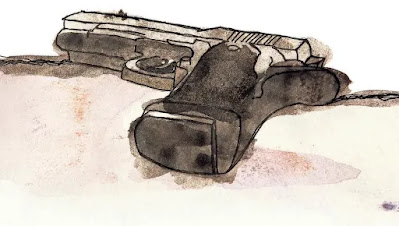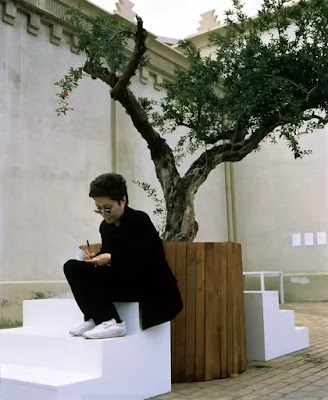In times of old (but not so old
as Greece or Rome, nor yet, I’m told,
so recent as the Renaissance)
disaster struck the realm of France:
war with England, war with Flanders,
the king’s own family prone to scandals,
mounting deficits, inflation,
civil strife, unjust taxation,
the summary burning at the stake
of enemies of church and state,
the persecution of the Jews...
in short, the usual abuse.
But, worst of all, the royal court
was currying favor with—a horse!
This horse’s coat, it’s strange to say,
was neither chestnut, brown, nor bay,
sorrel, black, white, brindled, gray,
nor any color known today
in France or the U. S. of A.
From head to hoof, this horse was orange.
Most people viewed it with abhorrence
but some decided (whether they
grew foolish or were born that way)
to fatten it on oats and hay,
to pander to its every neigh,
to stroke its coat with brush and comb,
to let it make itself at home
behind the lofty palace walls,
to clean its hooves, muck out its stall...
all in the hopes that it would give
its friends a handout. Which it did!
Sporadically, it would provide
good luck in spades. It also lied.
It lied about the coming plague.
It promised it would never raise
our taxes. It would drain the swamp.
With utmost circumstance and pomp,
it would transform mice into men.
The nation would be great again.
Ah, what a gallant, noble steed!
And it was lying through its teeth.
This orange horse (of yellow mane)—
tell us, Muse, what was its name?
Was it Fauvel, the word for “fable”?
Was there a placard for the stable
genius? Come Judgment Day,
when every horse is called to pay
its debts, say, when they sound the trump,
who will be driven by the rump
down to the fiery pits of Hell?
Say, who but Tr——I mean, Fauvel?
Samantha Pious is a poet, translator, editor, and medievalist with a PhD in Comparative Literature from the University of Pennsylvania. "The Tale of the Horse's Ass" is inspired by a 14th-century French and Latin satire, the Roman de Fauvel, which really does feature an orange horse as its anti-hero.












